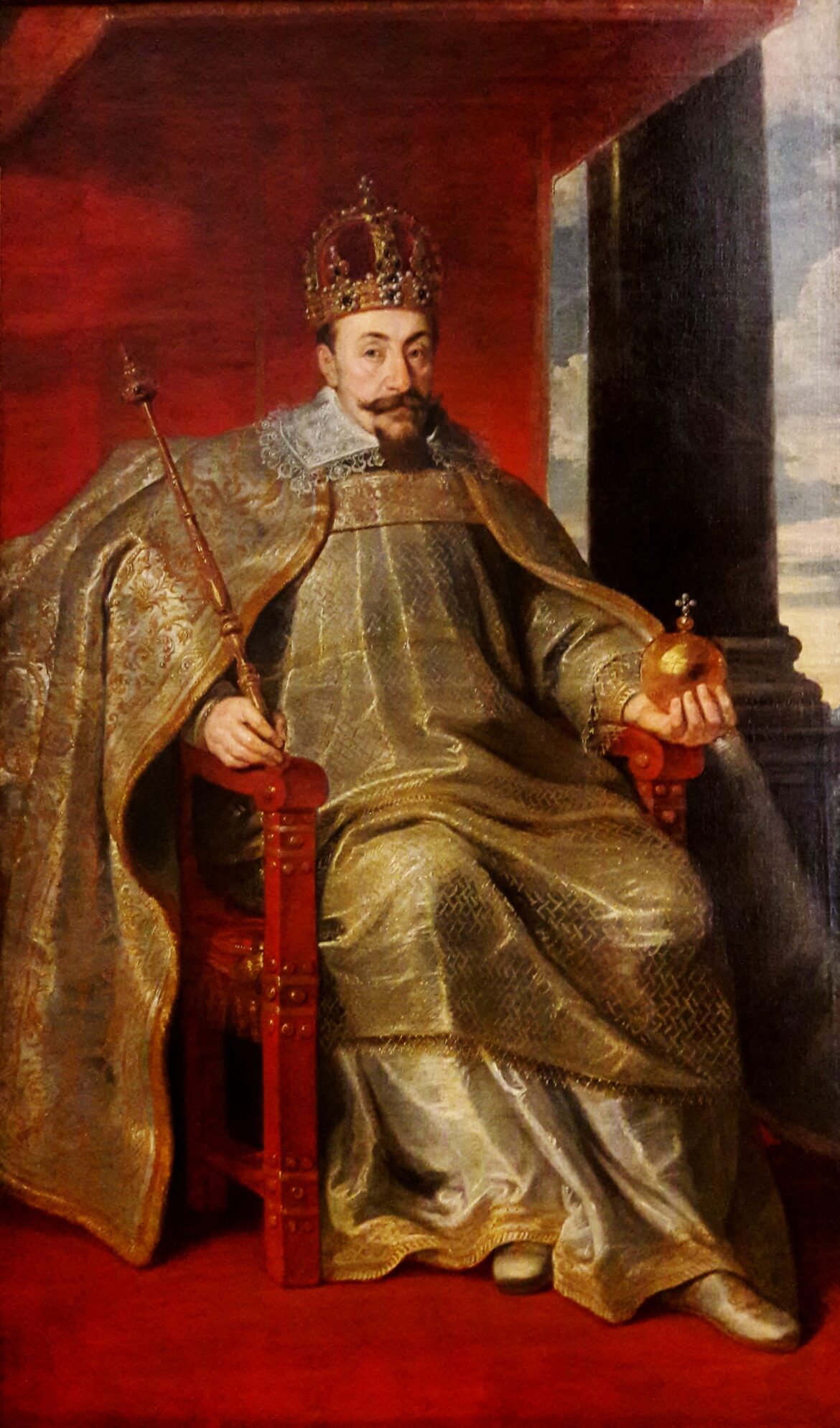It would seem that the king during whose reign the Polish-Lithuanian Commonwealth had the largest territories in history must have been a good ruler, but was he really?
Thanks to his Jagiellonian descent on the distaff side, the son of John III Vasa and Catherine Jagiellonian won the trust of the Polish nobility and became King of Poland in 1587. The monarch sought to strengthen royal power, which stood in opposition to the nobility’s tradition and generated conflict. Vasa wanted the dominance of the Catholic religion in the state, and his exclusion of nobles could not bring peace to the country. Sigismund inherited the Swedish crown in 1592. However, the Protestant Swedish nobility, knowing the king’s religious policy, revolted and defeated his troops. Above all, the ruler wanted to regain power in Sweden. In pursuit of his goal, he even tried to sell the Polish crown to the Habsburgs, which was detected and thwarted by the nobles.
In 1600, the Polish-Lithuanian Commonwealth provoked Sweden by annexing Livonia, which led to a repulsed invasion, including at Kircholm in 1605. The state’s entanglement in international conflict and the king’s centralist tendencies led to the Zebrzydowski rebellion, which ended with the Battle of Guzov in 1607, which was victorious for the king.
During this period, an interregnum occurred in Moscow. Some of the Polish magnates supported False Dmitry in the struggle for the Moscow throne. However, the new tsar was quickly killed by rebellious boyars. A few years later, Polish magnates again tried to place their candidate on the Moscow throne. Sweden became involved in the conflict and, therefore, the Crown army entered Russia. Thanks to the brilliant leadership of Hetman Stanislaw Zolkiewski, it managed to beat the enemy at Klushino (1610) and enter Moscow. The terrified boyars wanted to negotiate with the Polish king and put forward a proposal to crown Prince Władysław, the future king of Poland, Sigismund’s son as tsar. Sigismund III Vasa, however, sought to win the Moscow throne for himself. The prolonged political stalemate led to the surrender of the Kremlin, which had been occupied for two years. In this way, the Poles missed one of the greatest opportunities in history.
From 1621, the Swedish army resumed its attacks on Livonia and Prussia. Despite the victory at Oliva, the Poles ended the fighting with an unfavourable result. Vasa died of a stroke on 30 April 1632, failing to achieve the Swedish crown of his dreams.





